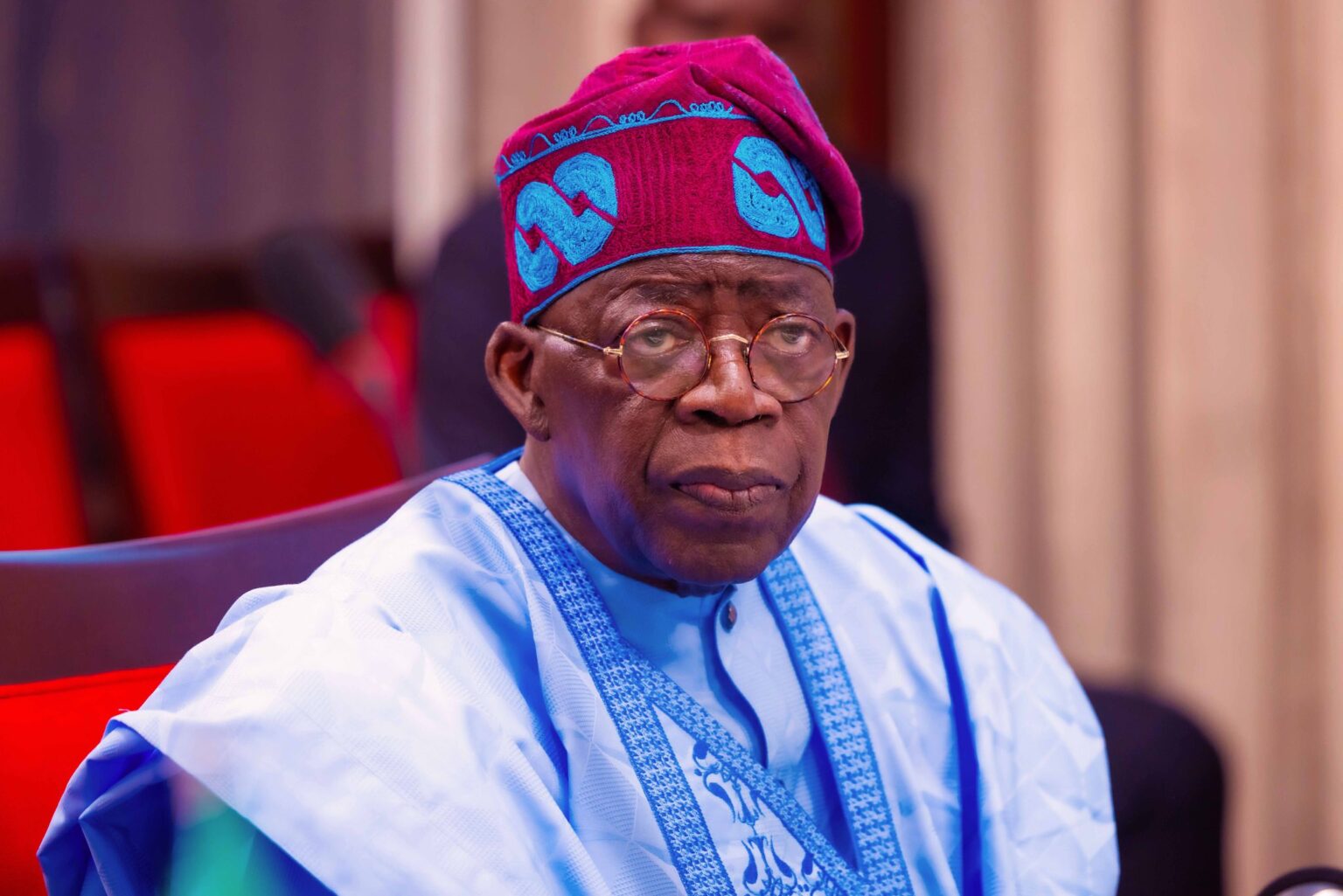By Atoyebi Nike
The Federal Government has dismissed the World Bank’s report that estimated 139 million Nigerians are living in poverty, describing the figures as outdated and not reflective of the country’s current realities.
Sunday Dare, Special Adviser on Media and Public Communication to President Bola Tinubu, stated this in a post on X, noting that while Nigeria values its partnership with the World Bank, the data must be properly contextualised.
He explained that the figure is based on the global poverty line of $2.15 per day set in 2017, which, when converted, equals about $64.5 monthly or nearly ₦100,000 above Nigeria’s new minimum wage of ₦70,000.
“The measure is an analytical construct, not a direct reflection of local income realities,” Dare said, adding that the estimate does not capture Nigeria’s informal and subsistence economy.
The government emphasised that its economic trajectory is one of recovery, supported by inclusive reforms and social investment programmes. Initiatives highlighted include expanded Conditional Cash Transfers to 15 million households, the Renewed Hope Ward Development Programme, National Social Investment Programmes, food security measures, and infrastructure investments through the Renewed Hope Infrastructure Fund.
The World Bank Country Director for Nigeria, Mathew Verghis, had earlier acknowledged the Tinubu administration’s bold reforms on subsidy removal and exchange rate unification, saying they laid the foundation for long-term economic transformation. However, he noted that the benefits are yet to reach many Nigerians, with persistent food inflation posing a challenge.
The government maintained that as these programmes mature, Nigerians should begin to experience improved food access, rising incomes, and stronger purchasing power.


